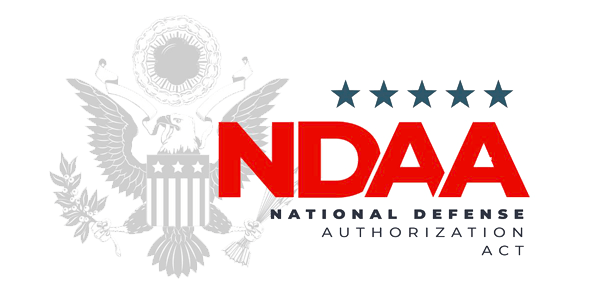That is why you should read this post.
When we lived in the industrial age, there was a hunger for porducts.
Hunger for news in the information age. Today, in the digital age, the hunger is for data and many companies are willing to do anything to gra this “digital gold”.
Also the number of plate of a vehicle is a sensitive and personal data and therefore subject to the GDPR and related privacy issues.
And it is in this context that those responsible (RDP), as well as data controllers, as well as DPOs, risk paying the consequences resulting from theft or leakage of data, especially if we are talking about public safety and therefore reading systems license plates.
The United States recently introduced a law (NDAA compliance) that prohibits, for reasons of national and public safety, the use of cameras from certain manufacturers: companies that you will find in their black-list.
This measure was born from the discovery that these manufacturers produce devices (including cameras) that contain hidden features to transmit data in the background on unofficial transmission channels (covertly), or capable of circumventing all security and protection systems such as Firewalls, detecting that such data was being transferred to several unknown IP addresses, resulting in the leak of sensitive data.
This surreptitious transfer of data was also ascertained in Italy and reported in REPORT , a well – known Rai program: a film that you can easily find on the web or on Rai.
This post has been written to reassure all our customers and inform them that Selea products, new and previous, are made in Italy (100% made in Italy) and are fully compliant with the NDAA because they contain neither parts nor components for black-listed companies.
Being NDAA-compliant brings with it considerable advantages, including:
– protection against cyber attacks (Cyber Security) that can come from these hidden open channels.
– no data leakage to unauthorised third parties, which makes installers and purchasers, in particular RDP, data controllers and DPO, more secure.
– strengthen the system’s compliance with the GDPR on data protection.
– and considering that NDAA compliance is also becoming increasingly popular in Europe, should the EU decide to adopt it, it avoids all our customers having to replace non-compliant cameras already installed (spending more public money).
